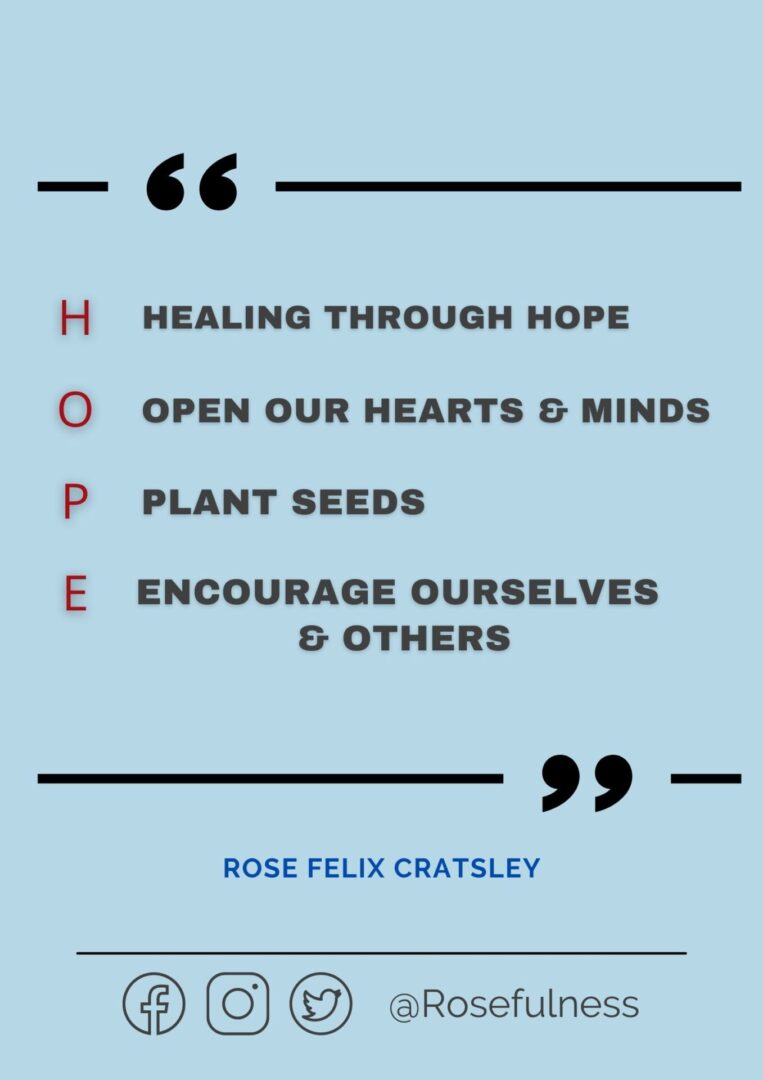Mindfulness For Kids. An Essential Life Hack
Mindfulness has become well known as a tool to help those with anxiety and depression. Another popular notion is that mindfulness is only meant for those looking to supercharge their efficiency at work.
But mindfulness is a superpower practice of ‘being’ of becoming capable of living through experiences without being overwhelmed by those experiences or without giving in to our reactions to these experiences. Its advantages in helping us cope with mental health issues is just one of its many positive outcomes.
Mindfulness helps kids with not only with early onset mental health and social emotional challenges; mindfulness is essential and beneficial for every child for their overall wellbeing.
Children are constantly drawing and redrawing their understanding of the world through what they experience and how they see others react to their individual and collective experiences. Hence the sooner we train ourselves to not be swayed by our experiences the better we would be at navigating the world without being consumed into the negativity that so many of us, so often experience.
Mindfulness equips children with simple practices to work directly with managing their central nervous system, helping them regulate, manage emotional states and focus attention.
Mindfulness Improves Focus
Being taught to practice attentiveness and focus at an early age is to receive the most important tool to hack life itself. The ability to tune out distractions and to fully be focused on one’s breath or even on a sound, emotion or sensation, helps one to center and find stillness and calm. Mindfulness for children helps kids navigate the highs and lows of life building a resilient mind.
Improved focus allows children to be able to retain more information and with greater clarity. With improved concentration, comes far better performance at everything – academics, sports and art. Mindfulness for children doesn’t just help them get better grade, but to simply do better at almost everything.
Mindfulness Enhances Self-Awareness
Learning to experience life without judgement and reaction teaches kids the essential skill of being self aware at all times. Mindfulness practice helps children deal with tough emotions and even improves impulse control. It replaces impulsive reactions with thoughtful responses.
Mindfulness gives kids the skills to focus their minds, calm down and meditate on a vexing issue with greater calm and clarity. When children start understanding their emotional ranges, they understand the triggers and outcomes of oscillating emotions and are able to self regulate their impulses.
Mindfulness Develops Social Skills
When one is able to apply their mind with clarity and are able to self-regulate their emotional states, it is understandably easier to develop empathy. Mindfulness in children allows them to build strong connections with peers, develop strong meaningful relationships and social encounters.
Ivy Child International runs a range of campus and community based child-centered mindfulness programs across systems of education and care with a special focus on schools and institutions in Boston, Massachusetts. Ivy Child’s campus programs provide daily mindfulness education in schools as part of the curriculum.

